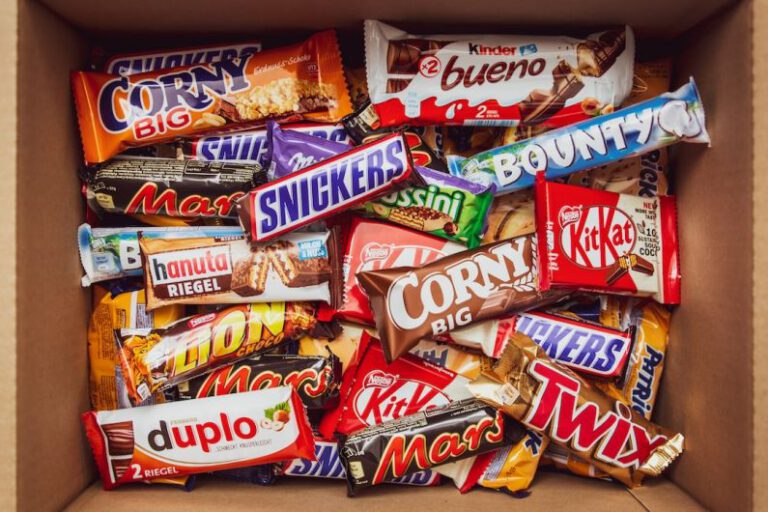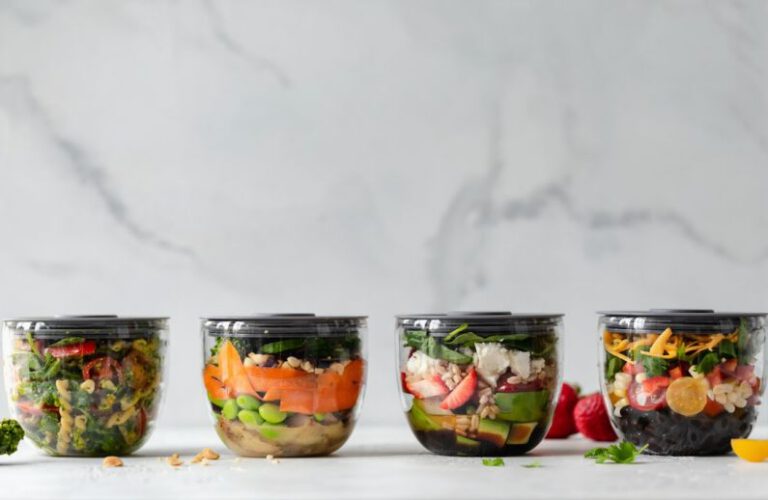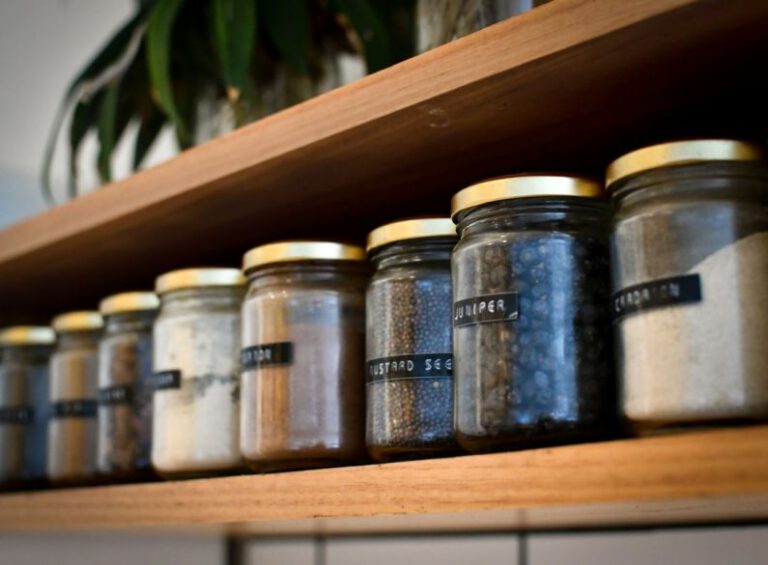Storing Bulk Meats: a Guide
When it comes to buying meat in bulk, proper storage is essential to maintain its quality and prevent waste. Whether you are a seasoned chef or a thrifty shopper, having a guide on how to store bulk meats can save you time, money, and help you enjoy delicious meals for longer. From selecting the right cuts to utilizing appropriate storage methods, here are some tips to ensure your bulk meats stay fresh and flavorful.
Choosing the Right Cuts
Before diving into the world of bulk meat storage, it is important to consider the types of cuts you purchase. Opt for cuts that are known for their long shelf life and versatility. For example, boneless chicken breasts and thighs, pork chops, and whole beef roasts are all excellent choices. These cuts can be easily portioned, frozen, and used in a variety of recipes.
Prepping and Packaging
Properly preparing and packaging your bulk meats is crucial for maintaining their quality. Start by dividing the meat into smaller portions suitable for your needs. This will make it easier to thaw only what you need, reducing wastage. Wrap each portion tightly in plastic wrap or place them in individual airtight freezer bags to prevent freezer burn and maintain freshness.
Freezing Techniques
When it comes to freezing bulk meats, following the correct techniques is key. Firstly, ensure that your freezer is set to the appropriate temperature, ideally at 0°F (-18°C) or below. This will help to keep your meats at the optimal freezing temperature. Secondly, make sure to lay the portions flat on a baking sheet or tray before freezing. This allows them to freeze individually and prevents them from sticking together. Once frozen solid, transfer the portions to freezer-safe containers or bags, making sure to label them with the date for easy identification.
Storage Duration
While frozen bulk meats can last for an extended period, it is important to note that their quality may deteriorate over time. As a general guideline, beef, pork, and lamb can be stored in the freezer for up to one year, while chicken and turkey can be stored for up to nine months. Ground meats have a shorter storage duration of four months. Remember to always check for signs of freezer burn or discoloration before consuming any stored meats.
Thawing Methods
Properly thawing your bulk meats is crucial to maintain their texture and flavor. The safest method is to thaw them in the refrigerator overnight. This slow thawing process ensures that the meat stays at a safe temperature while minimizing the risk of bacterial growth. If you need to thaw the meat quickly, you can use the defrost function on your microwave or place the wrapped portions in a sealed plastic bag and submerge them in cold water.
Creative Recipe Ideas
Now that you have mastered the art of storing bulk meats, it’s time to explore some creative recipe ideas. Utilize your frozen cuts in classic dishes like beef stew, pulled pork sandwiches, or chicken stir-fries. You can also experiment with marinades and rubs to add different flavors to your meats. The possibilities are endless!
In conclusion, storing bulk meats requires careful consideration and proper techniques to ensure their quality and longevity. Choosing the right cuts, prepping and packaging them correctly, freezing them using the appropriate methods, and thawing them safely are all essential steps in the process. By following these guidelines, you can make the most of your bulk meat purchases and enjoy delicious meals for months to come.






